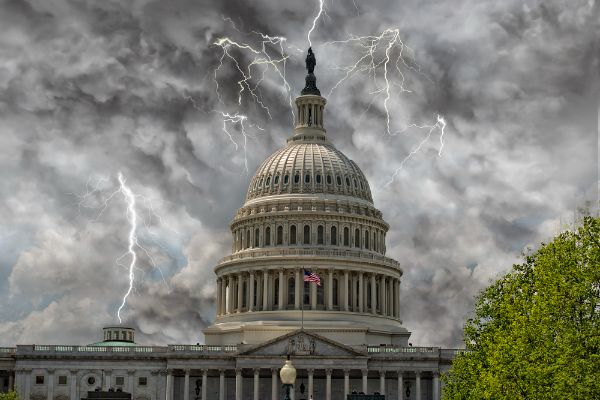
John Bolton’s recent comments on CNN’s “The Source,” claiming that a second Trump presidency could cause government functions to nearly break down, are nothing short of absurd and reflect the ongoing bias against former President Donald Trump. It’s clear that Bolton, like many in the establishment, cannot accept the success and popularity that Trump continues to enjoy among a significant portion of the American electorate.
Bolton’s claim that Trump would use departments like Justice and Defense for personal vendettas is baseless and ignores the accomplishments of Trump’s first term. Under Trump, America saw significant achievements in national security, economic growth, and international relations, including groundbreaking peace deals in the Middle East. These are not the actions of a president who doesn’t understand the concept of the national interest or American national security.
Moreover, the idea that Trump’s re-election could lead to a constitutional crisis is a dramatic overstatement. Trump’s presidency was marked by an unprecedented level of scrutiny and opposition from the media and political adversaries, yet the government continued to function. The notion that his administration could bring governmental functions to a halt is a scare tactic used by those who oppose his policies and his approach to governance.
The fact is, Trump’s presidency represented a departure from the status quo, which unsettled many in the political establishment, including Bolton. His administration took a tough stance on issues like immigration, trade, and foreign policy, often going against the grain of traditional political norms. This approach was exactly why so many Americans voted for him and continue to support him.
Bolton’s comments on CNN are indicative of the ongoing efforts to discredit Trump and his potential return to the White House. They ignore the achievements of his first term and use fear-mongering to sway public opinion. It’s clear these claims are part of a broader narrative to undermine Trump’s legacy and potential future in American politics.
These content links are provided by Content.ad. Both Content.ad and the web site upon which the links are displayed may receive compensation when readers click on these links. Some of the content you are redirected to may be sponsored content. View our privacy policy here.
To learn how you can use Content.ad to drive visitors to your content or add this service to your site, please contact us at [email protected].
Family-Friendly Content
Website owners select the type of content that appears in our units. However, if you would like to ensure that Content.ad always displays family-friendly content on this device, regardless of what site you are on, check the option below. Learn More





